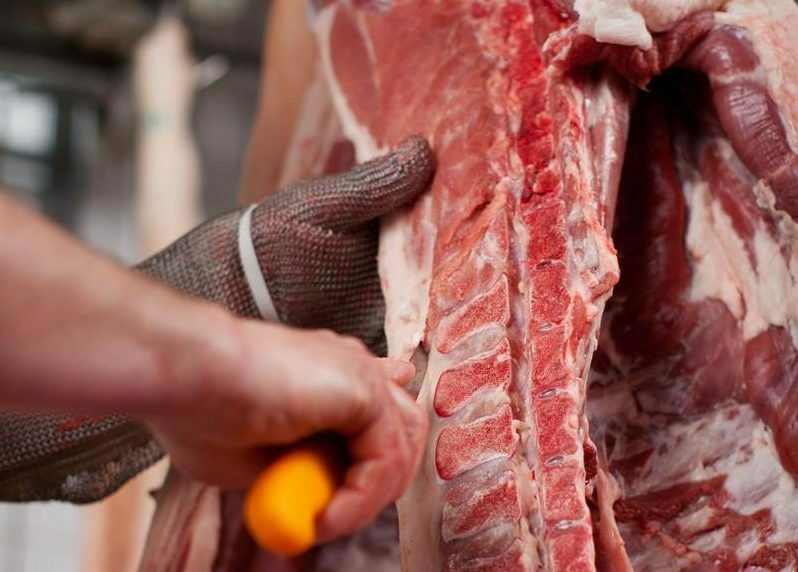From Seoul, South Korea
A lack of awareness among Korean meat buyers of Irish origin pork was highlighted as one of the key challenges facing Irish meat exporters in South Korea, agri-food representatives were told.
Cameron Gordon – director at Incite Research, a market research company based in Asia – gave a presentation to Irish representatives on the Department of Agriculture, Food and the Marine and Bord Bia led trade mission to South Korea, having landed in the country today following three days in Japan.
Gordon, quoting feedback obtained from Korean food companies asked about their perceptions and experiences with Irish produce, said:
“One of the big challenges that we came across when we were going through this question was around awareness.
According to the stakeholders that we met and interviewed, there’s very low awareness in general of the Irish offering when it comes to pork and beef amongst these B2B (business-to-business) customers.
However, the research specialist noted that, from what awareness was there, some “very positive trends” were mentioned.
These, he said, included traits such as: “clean and green”; food safety; high quality; a reputation for productivity; and high standards of animal welfare – with disease-free status and positive comments around price and competitiveness also getting a mention.
“Lack of awareness was the big one that came out. And I think there’s a big challenge there – but there’s also a big opportunity in terms of telling the story,” he said.
Boar taint
Moving on to other identified challenges, for pork Gordon noted: “Boar taint was one that just came up in every single meeting in Korea, versus Philippines and Vietnam.”
Regardless of whether it’s an issue or a perceived issue, the market expert said: “I think that’s one that needs to be considered as to how that’s dealt with in terms of the marketing side, the storytelling side, the convincing side.
We did hear for example that Spain has in the past had similar challenges – but through storytelling, through marketing etc, has managed to make their way around these challenges.
“Another one that came up was around meeting specifications,” he added.
“Now what we’re being told there is the Germans who for example are very good at meeting the local specification of the Korean market.”
Gordon said that the matter centred around “really trying to meet that local specification, to make sure that we’re satisfying the needs of the downstream customers”.
Other issues also noted included inconsistent supply lines and shipping time-frames.
